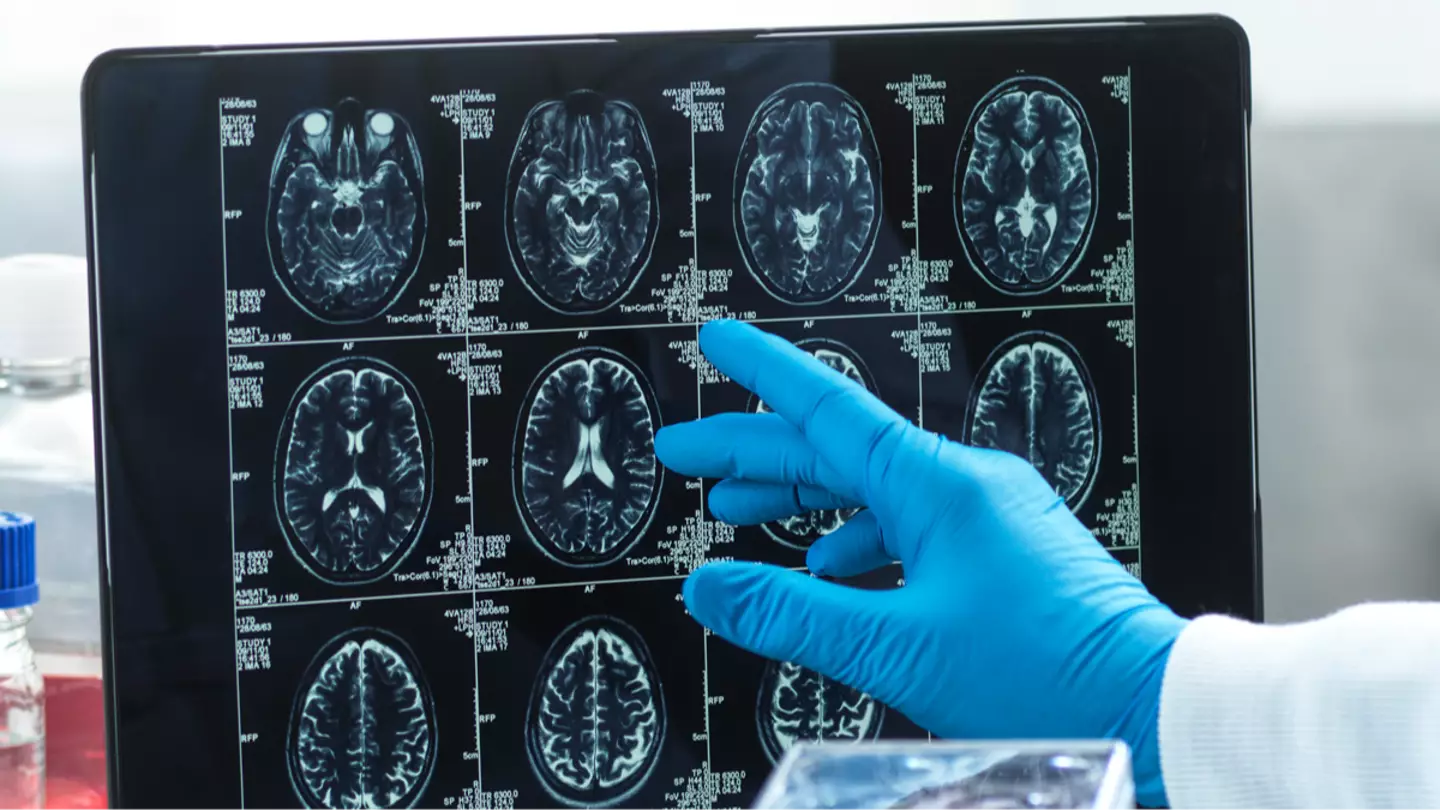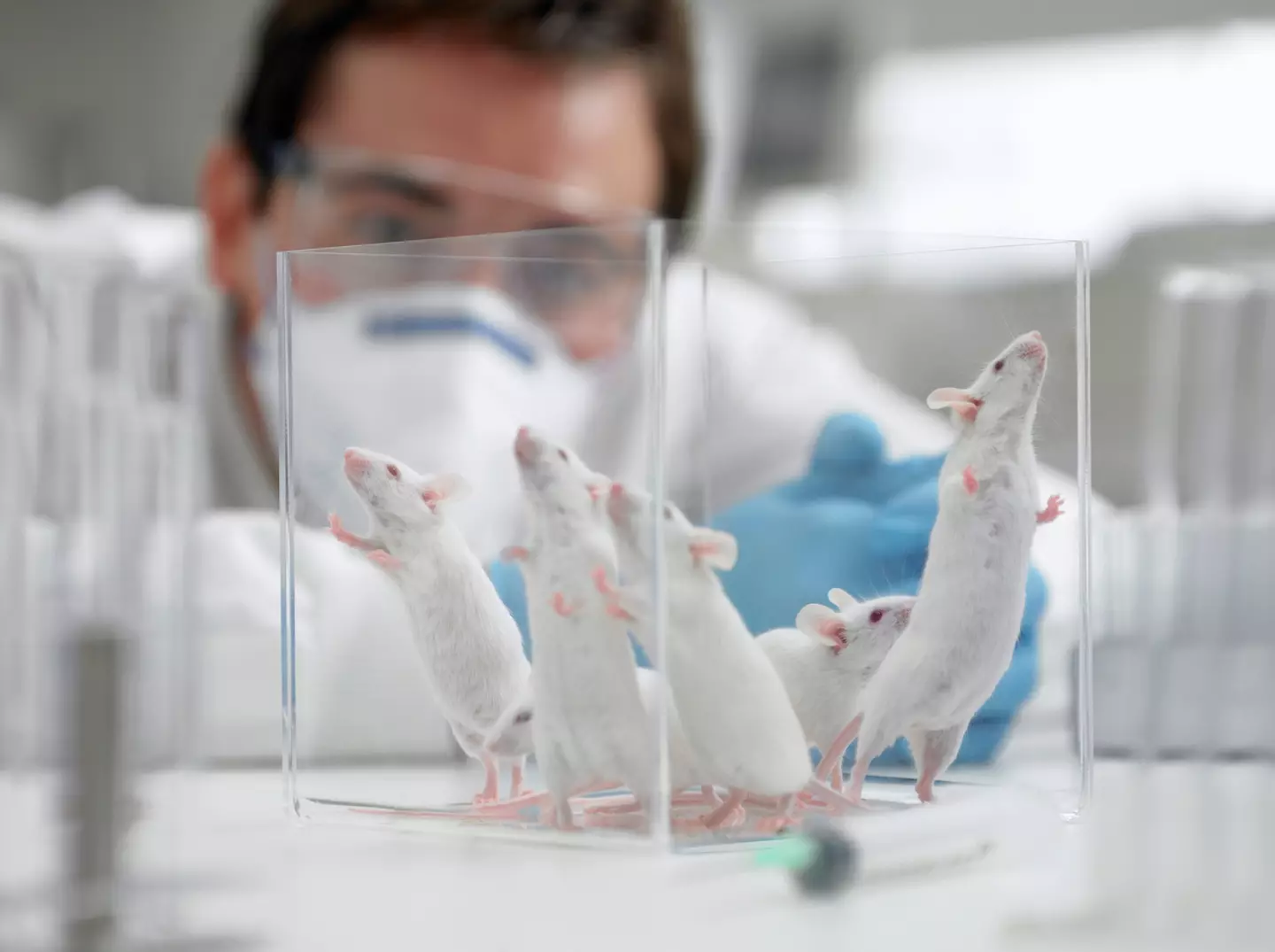
Warning: This article contains discussion of dementia which some readers may find distressing.
A new drug that may prevent and even reverse dementia has 'impressed' a top professor.
Researchers at Harvard Medical School (HMS) believe they could have identified a cause of Alzheimer's, the most common type of dementia, following a 10-year study on lab mice and analysis of human brain tissue.
“The idea that lithium deficiency could be a cause of Alzheimer’s disease is new and suggests a different therapeutic approach,” explained senior author Professor Bruce Yankner, of genetics and neurology in the Blavatnik Institute at HMS.
Advert
“What impresses me the most about lithium is the widespread effect it has on the various manifestations of Alzheimer’s. I really have not seen anything quite like it all my years of working on this disease.”
The study - which has been published in the journal Nature - found that lithium, a natural metal found in our bodies, plays an important role in protecting the brain as we age.

When they looked at different metals in the brains of people with early signs of memory problems, lithium was the only metal that was significantly lower - and it dropped even more in people with Alzheimer’s, partly because the harmful amyloid proteins in Alzheimer's disease trap lithium and make it less available.
Mice were treated with lithium orotate (an amyloid-evading compound) in the study and the team discovered that it 'reversed Alzheimer’s disease pathology, prevented brain cell damage, and restored memory'.
Professor Yanker continued: “My hope is that lithium will do something more fundamental than anti-amyloid or anti-tau therapies, not just lessening but reversing cognitive decline and improving patients’ lives.”
According to the Alzheimer's Association, the disease affects over seven million Americans - a figure that's estimated to rise to 13 million by 2050.

As positive as the research sounds, the findings are yet to be tested through clinical trials on humans so we'll need to wait and see if it is as effective, although the professor hopes that measuring lithium levels could help screen and treat Alzheimer's in the future.
“You have to be careful about extrapolating from mouse models, and you never know until you try it in a controlled human clinical trial,” he noted. “But so far the results are very encouraging.”
If you've been affected by dementia or Alzheimer's and would like to speak with someone in confidence, contact the Alzheimer's Association via 800.272.3900 open 24 hours seven days a week.
Topics: Dementia, Mental Health, Health, Drugs